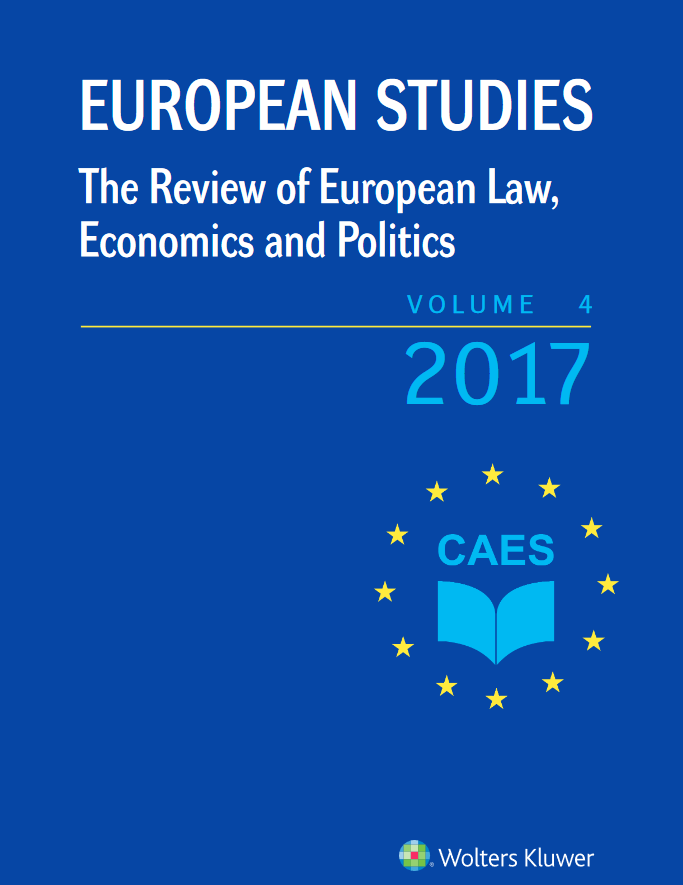European Union and coercive isomorphism: case study parental leave in post-communist countries versus founding members
European Union and coercive isomorphism: case study parental leave in post-communist countries versus founding members
Author(s): Michaela DénešováSubject(s): EU-Legislation
Published by: Univerzita Palackého v Olomouci
Keywords: parental leave; European Union; isomorphism; coercive isomorphism; Slovakia; Germany; Poland; Netherlands; Czech Republic; Italy
Summary/Abstract: European Union has played significant role within the changes of national legislation of its member states. There are a lot of areas where we can find the huge influence of the European Union. This position could be interpreted as position of dominant institution, which has power to coerce other entities to be more and more similar. The main aim of this article is to study how much the European Union has played role of institution which influence coercive isomorphism between its member states in concrete area. One of the important issue of the agenda of the European Union is gender equality. To study gender equality as a concept is hard because of huge amount of issues and tasks it includes. Because of that I have decided to look on the one issue, which correct setting could play important role in achieving gender equality – parental leave. This article is focusing on the role of the of the European Union in creation of parental leave legislation within the selected member states and is trying to identify whether the European Union has played role of institution which has created coercive isomorphism in the selected area.
Journal: European Studies - the Review of European Law, Economics and Politics
- Issue Year: 4/2017
- Issue No: 1
- Page Range: 205-219
- Page Count: 15
- Language: English

